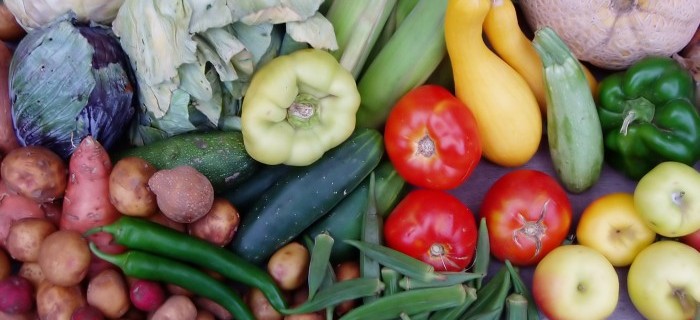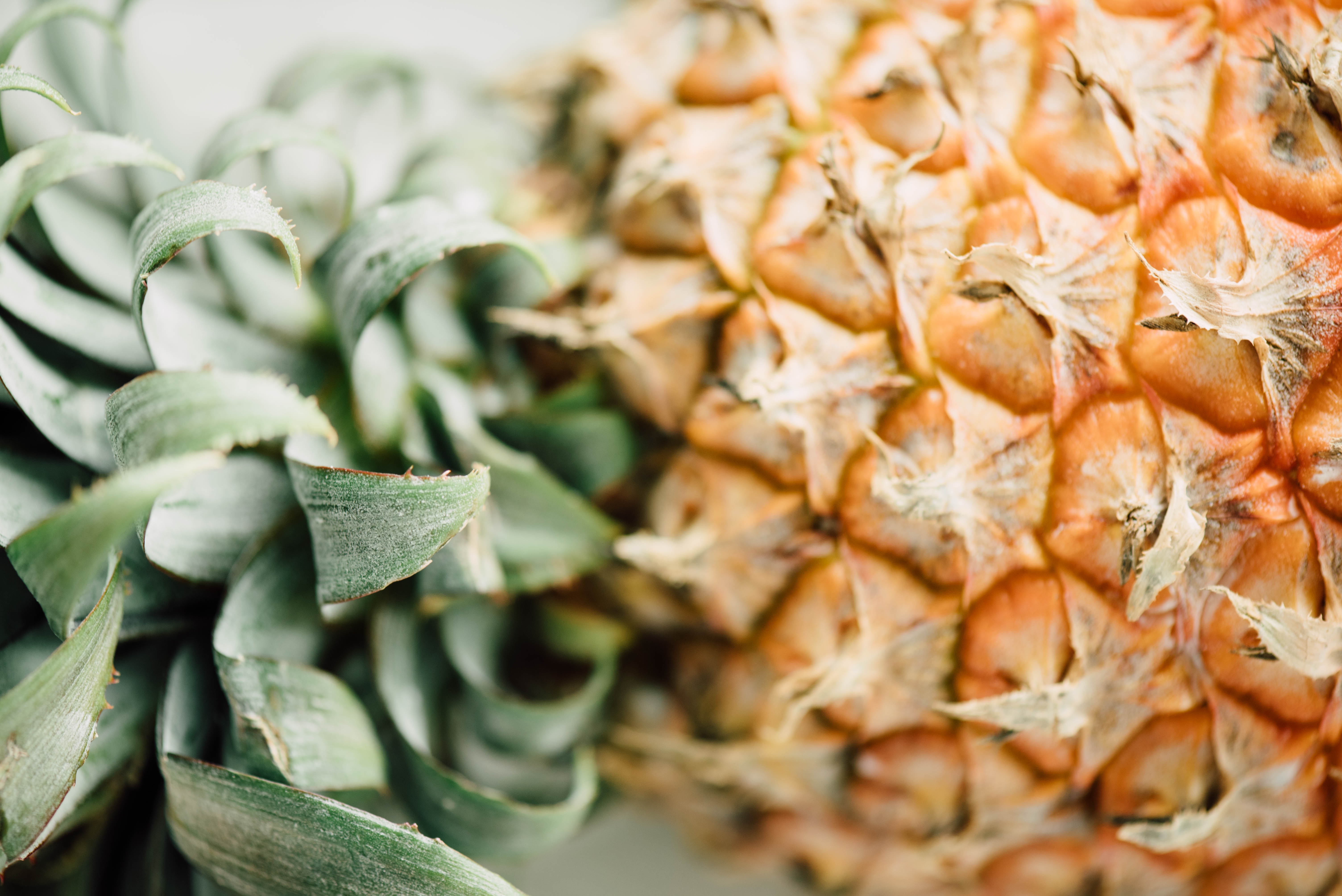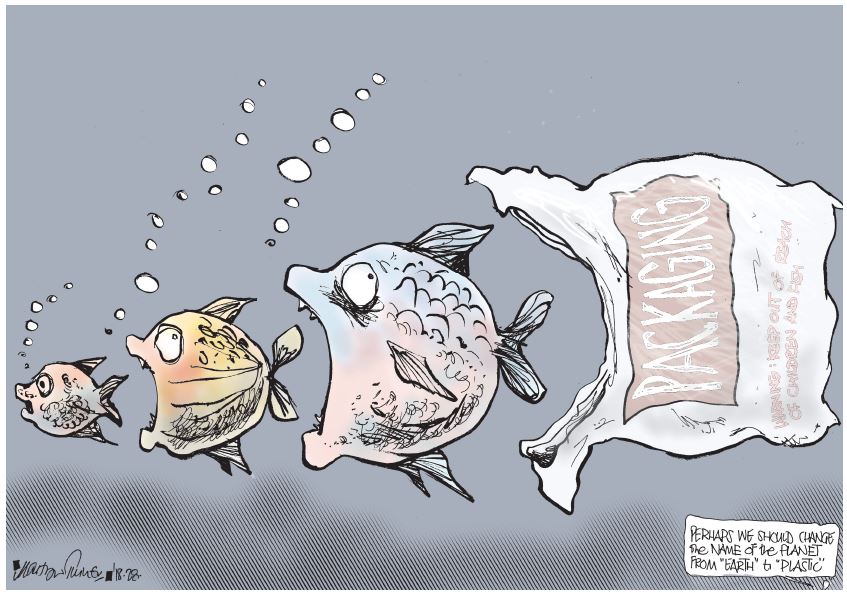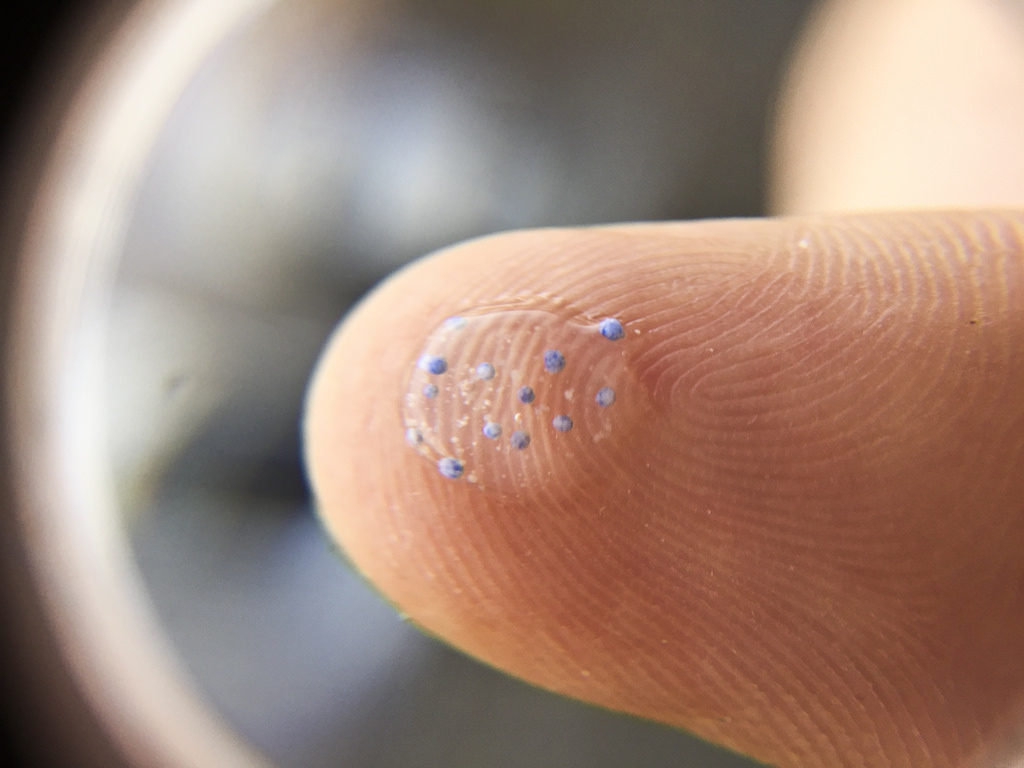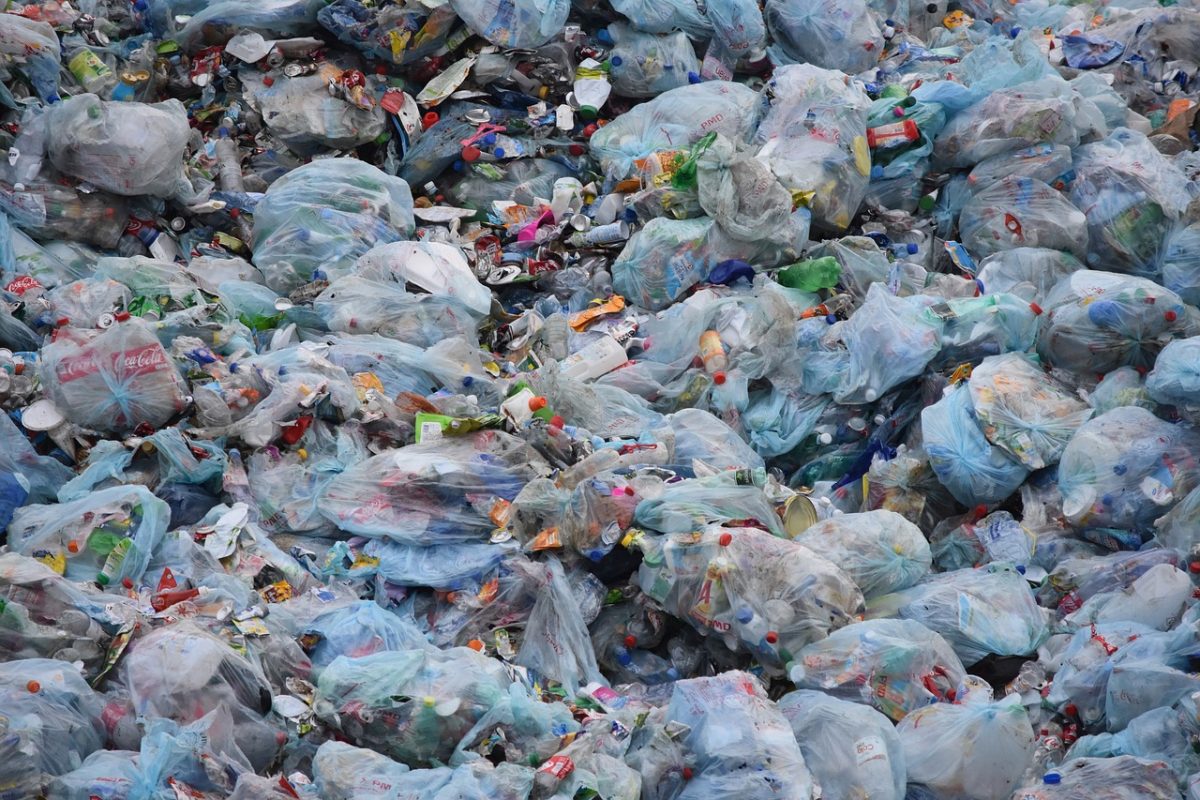Plastic Free July: Five innovative ways to tackle plastic pollution

August 3rd, 2018
Plastic Free July ended this week following a month of mobilization around the world to raise awareness about plastic waste.
Members of the Sick of Plastic campaign in Ireland participated in the challenge and encouraged people to share their experience on social media.
In a recent blog post, VOICE Ireland, one of the environmental groups behind the campaign, said that until supermarkets and producers provide customers with “real alternatives” to single-use plastics, all we can do is “try our best and continue telling them we want them to do better”.
From boycott to a floating bike in London, The Green News looks at five innovative ways to tackle plastic pollution.
Boycotting straws
The US uses 500 million straws per day, according to The Last Plastic Straw. This item is among the ten most common objects found on beaches.
Plastic does not biodegrade and can hurt marine life. In Ireland, several pubs, cafes and fast food chains have now said no to straw. Bamboo, spaghetti or paper straws, the options to replace the classic straw are numerous. Starbuck even announced at the beginning of the year their intention to ditch the item by 2020.
Day 20 #plasticfreejuly a tip from a bakery in Germany they are using spaghetti (actually it's bucatini my mum's favourite spaghetti as it has a hole in the middle) as a straw substitute! !! pic.twitter.com/YSJvS52BLL
— Lillys Plastic Pickup (@lillyspickup) July 20, 2018
Reusable items
Single-use cups and plastic bottles are another major plastic scourge on the environemnt, so using a thermos wherever you go is an easy solution to the issue.
Wa Cup is a new movement taking place since April. It sells reusable bottles for £5 in the UK which promote reusing. The bottles are still made with plastic but last a year.
With the proceeds gained, these bottles are delivered to schools in Vietnam and Thailand. Educational power-points and videos are also sent, outlining the statistics and solutions to the plastic problem.
Beach clean
With half a million people living in the Irish capital, the warm days of summer bring them to the beach and could cause more plastic pollution.
Clean Coasts organise several beach cleans through the year. The next events will take place on 5 August and 2 September in Donegal.
https://www.facebook.com/sealrescueireland/videos/1774736732549463/
Great Pacific Garbage Patch
The French swimmer Benoit Lecomte was the first man to swim across the Atlantic Ocean without a kickboard in 1998. He is currently recreating the experience across the Pacific Ocean. He will swim through the Great Pacific Garbage Patch where concentrations of plastic debris reach more than one million microplastic pieces per square kilometer.
The scientific crew will analyse samples of marine microplastic they encounter between Tokyo and San Francisco.
“Scientists would like to know how this community contributes to global nutrient cycling, toxic chemical transport, food web interactions, plastic degradation and the spread of organisms that may cause disease,” explained the researchers.
Floating bike
Finally, an odd but efficient commitment to raise awareness is the collection of plastic on a floating bike. Dhruv Boruah cycles on the canals of London and Thames with his bike made of bamboo.
“It’s more about raising awareness about plastic pollution and how much plastic has penetrated in outr society,” he said.
[x_author title=”About the Author”]
